Southern California’s oldest and most prestigious testing laboratory—Babcock Laboratories, Inc.—has announced that former Chief Financial Officer Tiffany Gomez has been selected by the Board of Directors to succeed Allison Mackenzie as the Chief Executive Officer (CEO), effective January 1, 2021. This succession exemplifies the organization’s 115 years’ long legacy of employee opportunity.
As part of the succession plan, Ms. Gomez became President of Babcock Laboratories (Babcock Labs) during the summer of 2020 under the guidance of Ms. Mackenzie, who, after leading the organization for 36 years, will transition into the role of Executive Vice President of Development & Regulatory Affairs. This seamless transition will help bolster business development while Ms. Gomez familiarizes herself with the new role. Both Ms. Gomez and Ms. Mackenzie have made it clear that Babcock Labs’ top priority is caring for its longstanding relationships with its many public agency and private industry clients.
“I am honored to lead Babcock Laboratories and to continue the legacy my predecessors have built,” said Ms. Gomez. “My vision for Babcock Laboratories is to continue to sustain and grow a legacy of quality analytical testing services while partnering with our clients to help them succeed at protecting people and the environment.”
Ms. Gomez holds a Master of Science in Accountancy from Texas A&M University Commerce, and a Bachelor of Arts in Psychology from the University of California, Irvine. She joined the Babcock team as Chief Financial Officer (CFO) in 2014 and has over a decade of experience in …

